Which approach 4kW or 15kW?
jimla
10 years ago
Related Stories

LANDSCAPE DESIGNGarden Overhaul: Which Plants Should Stay, Which Should Go?
Learning how to inventory your plants is the first step in dealing with an overgrown landscape
Full Story
KIDS’ SPACESAn Unconventional Approach to Teen Room Decor
Wall-to-wall posters and riotous colors? So not cool. Find out how to give your tween or teen a room that's truly awesome
Full Story
DECORATING GUIDESHouzz Tour: Ranch Home With a Fresh Approach to Pattern
A designer balances brights and neutrals, geometrics and brushstrokes in this vibrant house in Texas
Full Story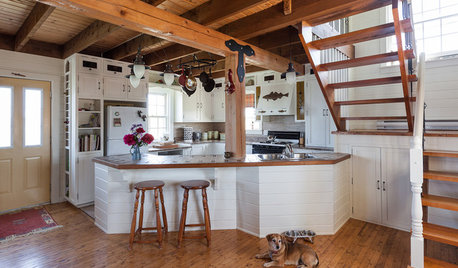
KITCHEN DESIGNOpen vs. Closed Kitchens — Which Style Works Best for You?
Get the kitchen layout that's right for you with this advice from 3 experts
Full Story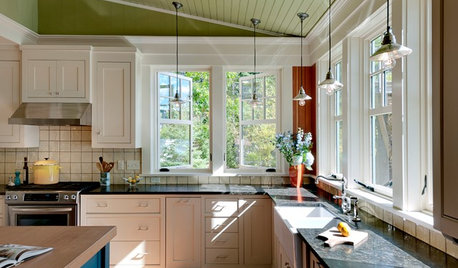
REMODELING GUIDESWhich Window for Your World?
The view and fresh air from your windows make a huge impact on the experience of being in your house
Full Story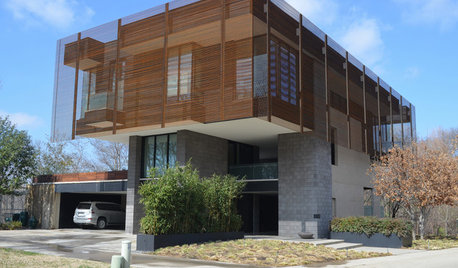
HOUZZ TOURSMy Houzz: A Modern Approach to Efficient Living in Dallas
Energy efficiency, water conservation and resilient materials are key to this home in a Texas development
Full Story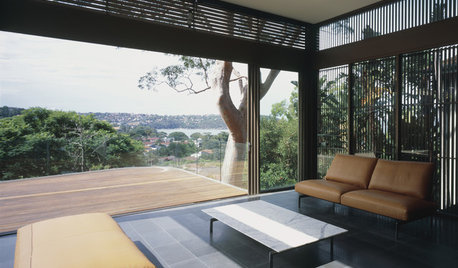
EXTERIORSWindow Wizardry: 7 Clever Approaches to Privacy
Do you want more privacy without losing your view or feeling boxed in? Take a look at these creative building solutions
Full Story
COLORFUL HOMESCase Study: The Fearless Approach to Bold Color
Bland has no place in this San Diego home. See how the designer uses vivid hues with cohesiveness and without overwhelming
Full Story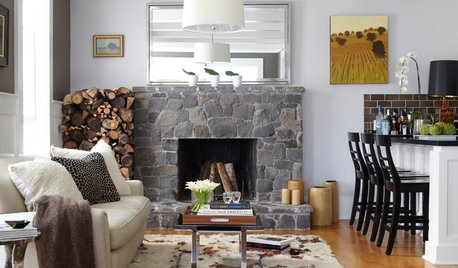
DECORATING GUIDESA Subliminal Approach to Fall Decorating
Get your home in the autumn groove without going over the top, with decorating ideas from two top San Francisco designers
Full Story
HOLIDAYSNaturally Festive: An Organic Approach to Holiday Decorating
Give your home a look of pure comfort and joy this season with natural materials in a neutral palette
Full Story






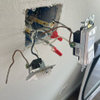


Ron Natalie
jimlaOriginal Author
Related Professionals
Brownsville General Contractors · Clarksville General Contractors · Coatesville General Contractors · Coronado General Contractors · Endicott General Contractors · Everett General Contractors · Medway General Contractors · Spencer General Contractors · Westerly General Contractors · Half Moon Bay Solar Energy Systems · Titusville Solar Energy Systems · Wildomar Solar Energy Systems · North Wantagh Home Automation & Home Media · Sun Lakes Home Automation & Home Media · Sugar Hill Home Automation & Home MediaRon Natalie
ionized_gw
jimlaOriginal Author
ionized_gw
jimlaOriginal Author
ionized_gw
jimlaOriginal Author
bus_driver
ionized_gw